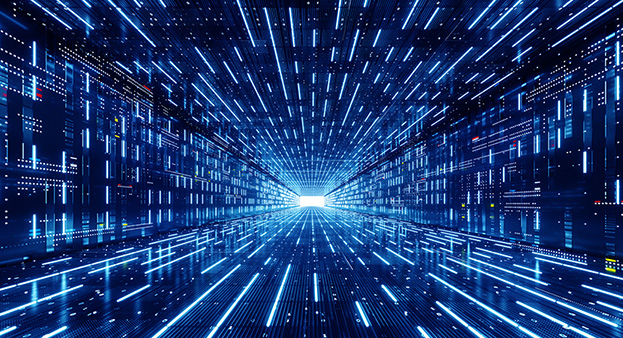With much of the world operating at a distance, the ability to perform work virtually is essential. However, more people working remotely provides more opportunities for cyber security to be compromised. This can result in scammers and hackers being able to access personal, private data. That’s why having a solid, secure online connection is critical—as is being aware. We’ve compiled a list of common schemes to keep you and your business safe and aware as you operate online.
Cyber Security Tips
Avoiding Phishing Bait
With so many people relying on email and text messages to stay connected, phishing scams have increased in popularity. Phishing is a type of online scam where scammers contact consumers and solicit personal information via emails or text messages that appear to be from well-known and trusted sources. The information gathered is then used to hack into the consumer’s existing account or open a completely new account. Phishing scams are effective because they appear to be coming from reputable service providers, financial institutions, or large corporations. The Federal Trade Commission (FTC) recommends keeping your devices updated with security software, and setting them to update automatically to prevent a lapse in coverage. If you suspect you have been hacked, contact IdentityTheft.gov to learn what steps you can take to secure your personal information.
Cyber Security Password Best Practices
The best, most secure passwords are those that you will actually remember. However, they should be unique enough that they cannot be easily guessed. Avoid common passwords like family names, pets, birthdays, or other information that can be found through a search of your social media profiles, etc. Complex passwords should contain at least ten characters and use a combination of numbers, symbols, and capital and lowercase letters. To decrease the chances of a scammer getting your password and accessing your accounts, create a unique password for each account you log into. While this might take some time and effort to set up, complex and custom passwords for all your sites is the best way to keep you and your data safe.
Multifactor Authentication For Multi-layered Cyber Security
Give yourself an extra level of cyber security by incorporating multifactor authentication sign-ins into your digital processes. Multifactor authentication requires two or more credentials to log into your account. You will receive an alert on your phone or secondary email prior to unlocking the device after you enter your password. This extra step provides one more layer of defense between your accounts and hackers trying to access your personal information.
Know Your Network
Wi-Fi connections are an easy pathway for scammers to intercept your data. The more secure your Wi-Fi connection is, the better protected your data will be. Avoid public Wi-Fi and opt for secure, encrypted, and hidden networks. If available, use a virtual private network (VPN) to access files when you’re on the go.
Just a single click can let in a thief, costing you time, money, and stress, and putting your private data at risk. Stay up to date on cyber security best practices and reach out to your company IT department their data-safety policies. Taking preventative steps to protect yourself can give you peace of mind and allow you to focus on your work.
 Register for RMUC.25
Register for RMUC.25





